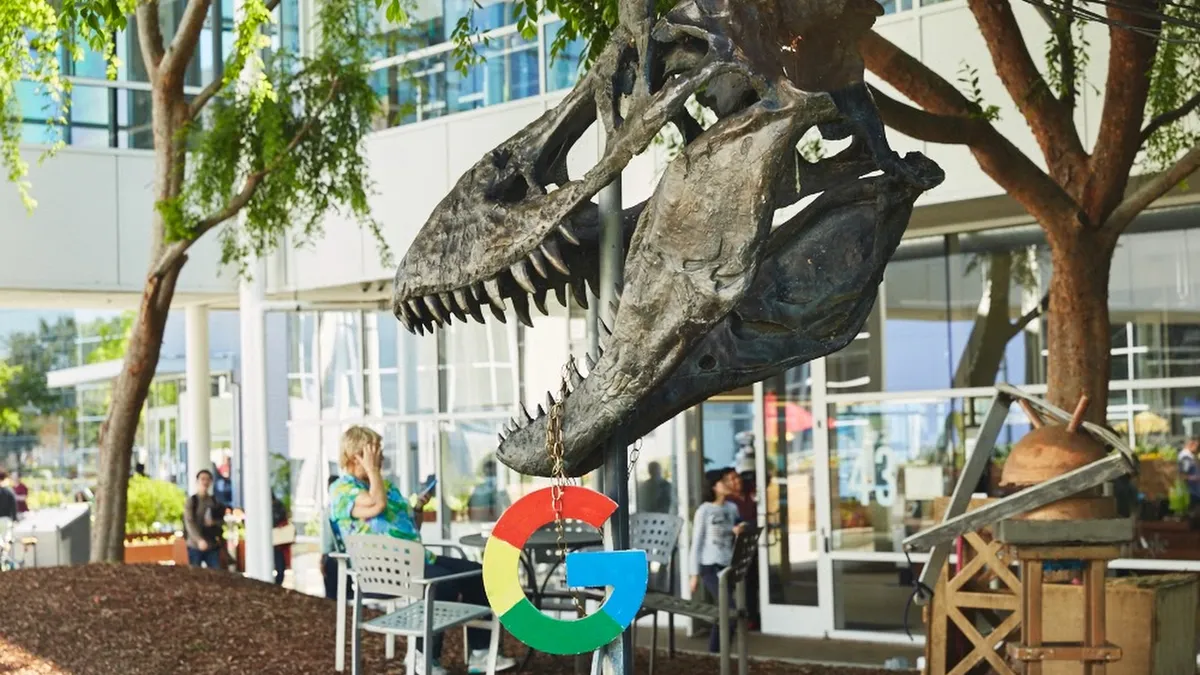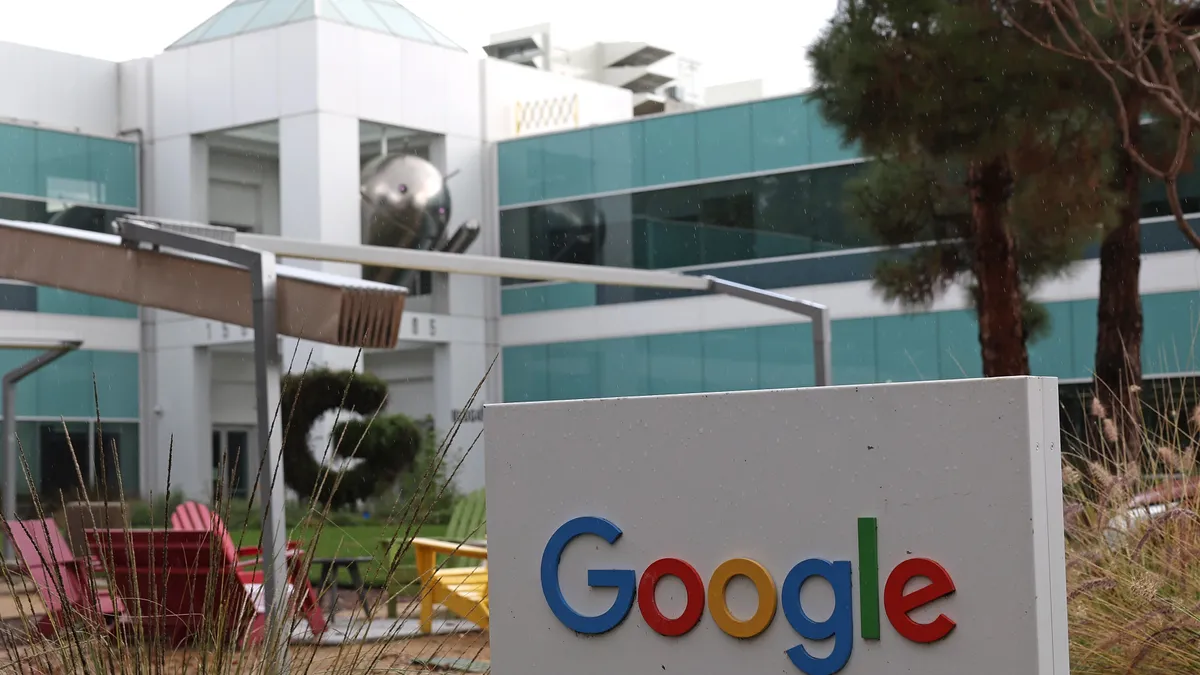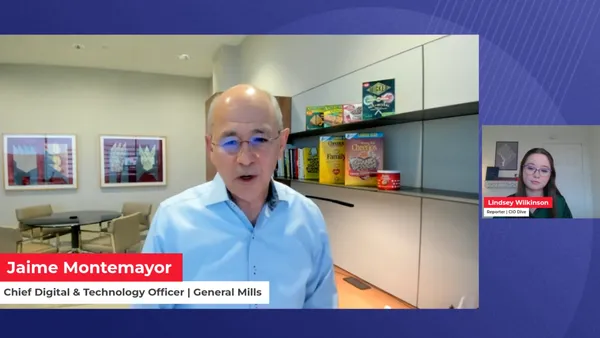Dive Brief:
- G Suite surpassed two billion active monthly users, or individual accounts, a company spokesperson confirmed to CIO Dive.
- The productivity software suite has more than 5 million paying businesses. Customers include major enterprises Salesforce, Whirlpool, Colgate-Palmolive and Verizon.
- A "smart compose" feature that enables reply suggestions in emails and documents is expected, Javier Soltero, CEO of G Suite, told Axios. Soltero also sees an improvement in app integration as the next challenge to conquer.
Dive Insight:
G Suite and Microsoft Office 365 are the dominant players of the productivity suite market. Google was first to send its cloud-based software to the market.
Microsoft owns nearly 90% of the office suite market, or email and authoring market, as Gartner calls it. Google holds onto just over 10%, but is gaining about 1% market share annually.
G Suite's growth is "at least a little amusing that Gmail has grown from a real rock in Microsoft's shoe to a trojan horse," Eric Shashoua, CEO and founder of Kiwi for G Suite, told CIO Dive. As of October, Office 365 has 200 million active users, according to the company's Q1 2020 filing.
Google started with email and when it gained massive popularity, it began building out its applications. The growth of the applications, such as Docs and Hangouts, incentivized an internal push in Google to appeal to business customers. "That's when the competition with Microsoft Office really began," said Shashoua.
G Suite's apps (Hangouts and Chat) are competing against giants, namely Microsoft Teams and Slack. Google has the chance to disrupt what's been considered a two-horse race between Teams and Slack. But to be a substantial rival, "all of G Suite will have to threaten Office in large SMBs and large enterprises," according to Shashoua.
While G Suite's growth is significant, it's still facing an uphill battle against the long-established history and familiarity of Microsoft for consumer and business customers. Soltero said culture differentiates the companies, "people do a lot more self-examination here, which is great."
Google is leveraging Chrome as an "island" browser on Windows and Mac. G Suite is limited by the fact it's a website, a content-creation tool, according to Shashoua. "Not everyone is comfortable working in a browser."











